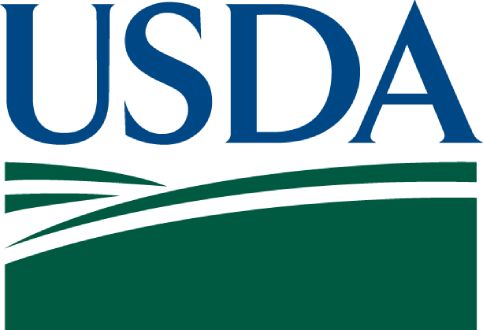Evaluation of the National School Lunch Program Application/Verification Pilot Projects: Volume I: Impacts on Deterrence Barriers and Accuracy
Download
Clients

Millions of U.S. children participate in the National School Lunch Program each day, receiving free or reduced-price food that makes an important contribution to their overall nutrition. But concern has mounted that many approved as eligible may in fact be ineligible because their family income is too high. This study examined two new approaches to certifying eligibility: (1) up-front documentation, which required families to provide proof of income or receipt of public assistance at the time of application for assistance; and (2) graduated verification, which did not require income documentation but verified income for a sample of approved applications. The researchers found that neither approach had a significant deterrent effect, and both approaches created barriers for some eligible children.
How do you apply evidence?
Take our quick four-question survey to help us curate evidence and insights that serve you.
Take our survey
